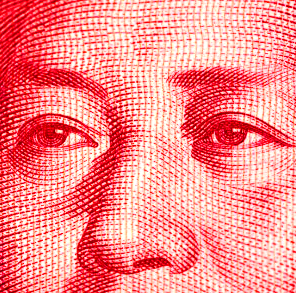Bond rights given to local government for new Chinese trial
 China has given its local governments a small power boost, letting them sell and repay their own bonds for the first time.
China has given its local governments a small power boost, letting them sell and repay their own bonds for the first time.
The Chinese government has launched its latest financial experiment this week, designed to help sort out the messy budgetary system and pay down its $3.25 trillion public debt.
The pilot test will effectively create China's first-ever municipal bond market, letting local governments issue their own bonds and be responsible for repayments. Previously, Chinese laws had barred local governments from directly borrowing from other parties.
Local governments have had to depend on the Ministry of Finance to sell bonds on their behalf, an arrangement that left the ministry responsible for repayments as well.
The change has been taken as a sign that China's leaders are prepared to amend other budget laws, moves which have been previously resisted by fiscal conservatives.
Such restrictions have forced some regional governments into weird agreements and arrangements created to side-step the constraints of local government budget rules.
A statement on the Ministry of Finance website says the experiment is effective immediately, and that the amounts that governments can raise by selling bonds will be capped by the Chinese cabinet.
A recent audit found Chinese local governments owe a total of $3.25 trillion, racked-up by financing firms that borrowed on their behalf.
Officials had to invent creative financing methods to circumvent the rules, which contributed to the fast-rising debt pile.
The new, legal and transparent municipal bond market will be regulated by investors, which the Government hopes will subject local governments to expert scrutiny. It is intended to leave the weaker borrowers out of the market and force regional provinces to improve their fiscal health.
The Ministry of Finance will force governments to sell bonds in five-, seven- and 10-year maturities, with the proportions of 40 per cent, 30 per cent and 30 per cent, respectively.
The 10 governments picked for the pilot program are some of the wealthiest in China and are considered unlikely to have any trouble with repayments.







 Print
Print